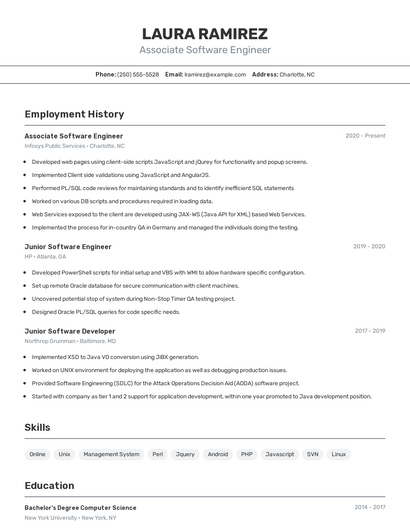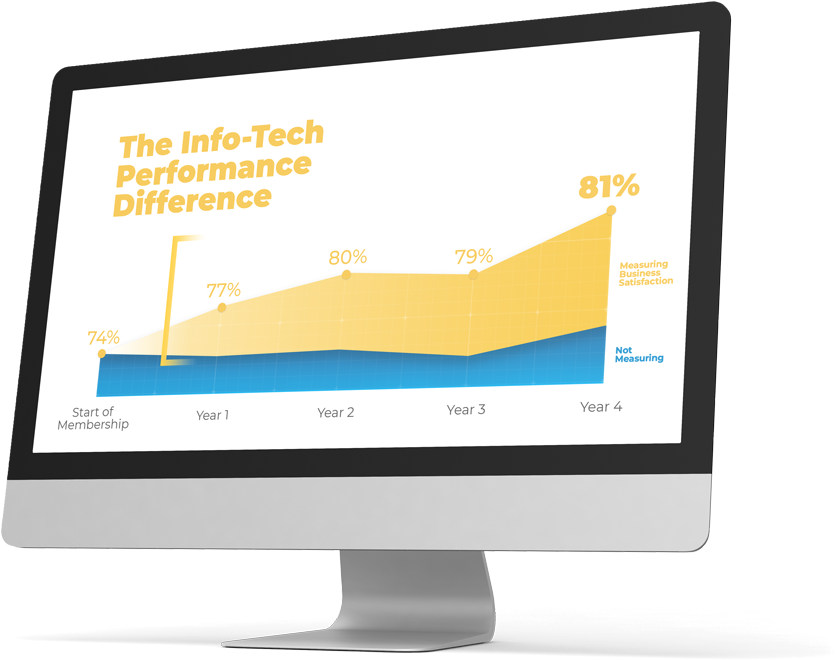
A supply chain consultant can be an expert in supply-chain management. A supply chain consultant has extensive manufacturing experience and can help you establish your organization's supply chains. A good consultant will have extensive knowledge of manufacturing as well as a deep understanding of business processes. This will help them offer you a more practical approach to the project's requirements.
Career path
If you're interested in learning more about how supply chains work, a career as supply chain consultant might be for you. You will be responsible for identifying the areas that need to change and then helping in the implementation of those changes. This role also involves a great deal of analytical work, as supply chain consultants have to be knowledgeable about various systems and advanced analytic tools.
As consultants assist clients in meeting their customer service promises, maximizing their profits and creating a career in supply chain management, a career as a supply chain consultant can be rewarding and very exciting. However, this job is not for everyone. This job involves a lot of analysis, and can have a direct effect on a company’s operations.

An supply chain consultant may be self-employed, work for a company or provide business-tobusiness services. Many accounting firms offer consulting services. There are many job openings for supply chain specialists that can be found online. In the right time supply chain consultants may be able to move up to more senior positions and earn higher salaries. But, senior positions in consulting are very rare.
Education requirements
The education requirements for a supply chain consultant vary, but in general, a candidate should have a bachelor's degree. While business is the most preferred major, there are some colleges that offer a supply chain management specialization. Candidates can also specialize within a specific industry, such manufacturing, transportation, and government projects.
Supply chain consultants often work in a team, including production and procurement managers. They must be able to motivate and collaborate with others to reach common goals. Leadership skills are a benefit as they will be leading a team. These skills will help you in managing projects and teams.
Supply chain consultants aid clients to improve their logistics network. They assist management teams in identifying problems and finding solutions. They consult with clients in order to evaluate their current processes, and then propose alternate methods. This is why they need to be highly analytical and interpersonally skilled.

Salary
Supply chain consultants work with companies to improve logistics and coordinate processes between various domestic and international distribution centers. This role has a base salary of $60,000. However, the range can vary from $31,000 to $89,000. They manage the purchasing department for a company. Once they are hired, they negotiate and manage suppliers.
The combination of many factors influences the salary of a supply chain manager. The education and work experience of supply chain professionals will impact the average salary. The accuracy of the salary information on salary comparison websites cannot be guaranteed. Salary figures on salary comparison websites should not be compared with actual salaries.
Many different job titles can fall under the heading of supply chain consultants. Purchasing managers can either be attached to a supply chain, or they may be separate. These professionals set the company's purchasing policy. They are responsible for helping the company reach its goals and maximising profits. The Purchasing Assistant also plays an important role within the supply chain. It manages the administrative side of purchasing, as well as follow-up with suppliers. They also work with the Operations Buyer and Supply Chain Manager to manage the procurement process. They can also work with the Transportation & Logistics Buyer who specializes in the negotiation and transport of storage equipment.
FAQ
What is the secret to modern consulting?
The first consultants were accountants that helped companies manage finances. They became known as "accounting consultants." This was because they had become very skilled at managing financial information. But, their role soon expanded to other areas such as human resource management.
The French word for "to advice" was the inspiration behind the term "consultant." This was used by businessmen as a way to describe someone who could provide guidance on running an organization. The word consultant is still used by most business owners to refer to any kind professional advisor.
Which industries use consultants
There are many types. Many consultants specialize in a particular type of business. Others may be more focused on multiple types.
Some consultants are only available to private companies while others work with large corporations.
Some consultants are available to help businesses around the world.
How do you get clients for your consultancy business?
Finding a passion area is the first step. You could choose anything from public relations to social media, but it should be something you love. If this is the case, it may be worth starting small by focusing on a niche market such web design. Once you've found this niche, make sure you understand what makes it tick. What problems does it solve? What are the benefits? What are the benefits?
You can also contact businesses directly.
If all else fails you can offer your services at free events such as conferences or networking nights. This will allow you to meet potential customers without the need for advertising and also allows you to showcase your skills.
What are the benefits to being a consultant?
Consultants can often choose the hours and topics they work on.
This means that you are able to work from wherever you're at any time.
This allows you to easily change your mind and not worry about losing your money.
Finally, your income can be controlled and you can set your own hours.
What degree do I need to become a consultant?
You can become an expert in any subject by learning the subject thoroughly, then applying what you have learned.
Start studying today if you want the skills to be a great manager!
You may not be able to get hired if you don't have relevant experience but a degree. If you can show that your education is comparable to the job applicants, you may still be eligible for employment.
Employers will always be attracted to candidates who are able to apply their real-world skills.
Who hires consultants?
Many companies hire consultants to help with their projects. These include small businesses, large corporations, government agencies, non-profits, education institutions, and universities.
Some consultants work directly for these organisations, while others freelance. The hiring process for both cases varies depending upon the project's size and complexity.
Many rounds of interviews are required when hiring consultants. Then, the final decision will be made about who you believe is best for the job.
Statistics
- On average, your program increases the sales team's performance by 33%. (consultingsuccess.com)
- "From there, I told them my rates were going up 25%, this is the new hourly rate, and every single one of them said 'done, fine.' (nerdwallet.com)
- Over 62% of consultants were dissatisfied with their former jobs before starting their consulting business. (consultingsuccess.com)
- WHY choose me: Why your ideal client should choose you (ex: 10 years of experience and 6-week program has helped over 20 clients boost their sales by an average of 33% in 6 months). (consultingsuccess.com)
- Over 50% of consultants get their first consulting client through a referral from their network. (consultingsuccess.com)
External Links
How To
What's a typical day like for a Consultant?
Each type of work will dictate the day's pace. You'll spend your time researching new ideas and meeting clients.
You'll often have meetings with clients where you can discuss issues and solve problems. These meetings may be over the phone via email, on-line, or face-to–face.
The proposal is a document that outlines your ideas and plans to clients. These proposals should be discussed with a mentor or colleague before being presented to clients.
After all the preparation, you'll need to start creating content. You could write articles, design websites, edit photos or conduct interviews.
Depending on your project's scope, it may be necessary to do research to get relevant statistics. It may be necessary to know how many customers are currently using your products or services.
Once you have enough information, it is time to present your findings and conclusions to clients. Your findings may be delivered orally, or written.
Finally, you must follow up with clients after the initial consultation. You could phone them occasionally to check on things or send an email asking them to confirm that you have received their proposal.
Although this process can take time, it is important to stay focused and build good relationships with your clients.